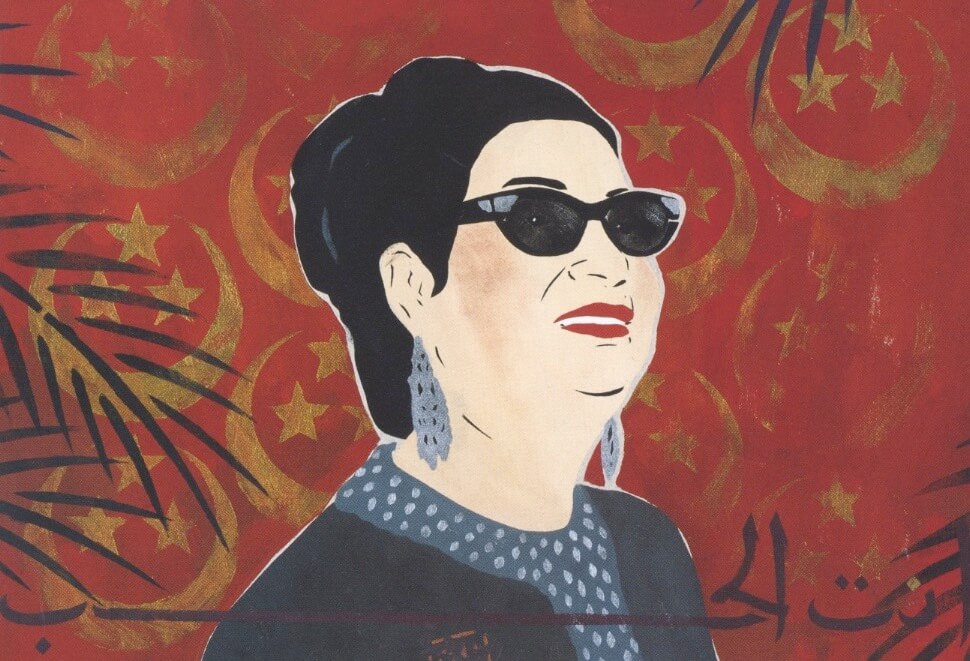The Cairo International Book Fair, which commenced in January, is the largest literary gathering of its kind in the Arab World. This year’s theme was “Soft Power, How?” A good question to ask Egyptians, as the decline of their once dominant language, mimics the general decline of Egypt’s influence over the Middle East according to a blog on The Economist.
Arabic should not necessarily be considered a single language; ‘modern standard’ Arabic is taught in schools and used in writing, but each region has its own distinct spoken dialect that varies widely. Grammar, vocabulary, and punctuation all differ in these dialects to the extent that they are not always mutually comprehensible.
Egypt has other factors which have influenced its language over the centuries such as, Turkish and Ottoman conquests, and even an Italian community that dwelt in Cairo for over a hundred years. You will still hear remnants of these languages if you listen carefully to local people.
By the 1970s the Egyptian language dominated the Middle East. This was due in part to the Egyptian state funding the cinema industry (the third largest in the world during the 1950s), and its promotion of stars like Faten Hamama and Hend Rostum. Umm Kulthum (a famous singer) touched the Arab world with her songs of anti-colonialism, promoting a sense of unity, and pan-Arab nationalism.
This sense of Arab autonomy further advanced the popularity of the Egyptian language. The Egyptian president Gamal Abdel Nasser, who, fresh from his victory in the Suez Canal crisis in 1956, was keen to promote Egyptian leadership over the Middle East, sent teachers into Algeria in a bid to promote spoken Egyptian, over French, which embodied lingering imperialistic connotations. Nasser’s pan-Arab movement was dedicated to overcoming Arab differences, however, he still used Egyptian dialect when speaking publicly. This made Egyptian speech the most easily recognised, and widely understood, of all Arab dialects across the world.
Egyptian dialect still has more exposure globally than other Arab dialects. News programmes are usually in formal Arabic however, commentators often argue about politics in Egyptian. This is partly due to appalling literacy rates (24%), and weakening education standards. However, even politicians, writers, and poets, use colloquial Egyptian in their speeches, novels, and poetry. This use of the vernacular has increased with the popularity of the internet; bloggers, YouTubers, and so on, are choosing to express themselves in Egyptian, rather than formal Arabic.
Proponents of a unified Arab nation feel that this is controversial, and that use of the Egyptian dialect promotes a singular state above others, thus intentionally, or unintentionally, dividing Arab people. However, the internet does enable all Arabs to make use of their own dialect for their podcasts, vlogs, or blogs, so that Jordanians, Palestinians, or Syrians can all have a voice.
The general decline in Egyptian language use can be more widely seen when comparing cultural exports, such as the film industry. In 2013 the Dubai International Film Festival composed a list of the top 100 Arabic films. Thirty-five were pre-1970s Egyptian films, with only three modern Egyptian films on the list.
More exposure would be possible globally for the Egyptian language if the government didn’t hinder their people’s efforts. Egyptian singers who attain fame with their revolutionary anthems, such as, Ramy Essam, have been tortured by police, leading them to flee Egypt. The comedian Bassem Youssef suffered a similar fate, fleeing from the Abdel-Fattah al-Sisi regime.
The once honoured, dominant Egyptian language has declined in recent decades, slipping from its once high pedestal as voice of the Arabs.












